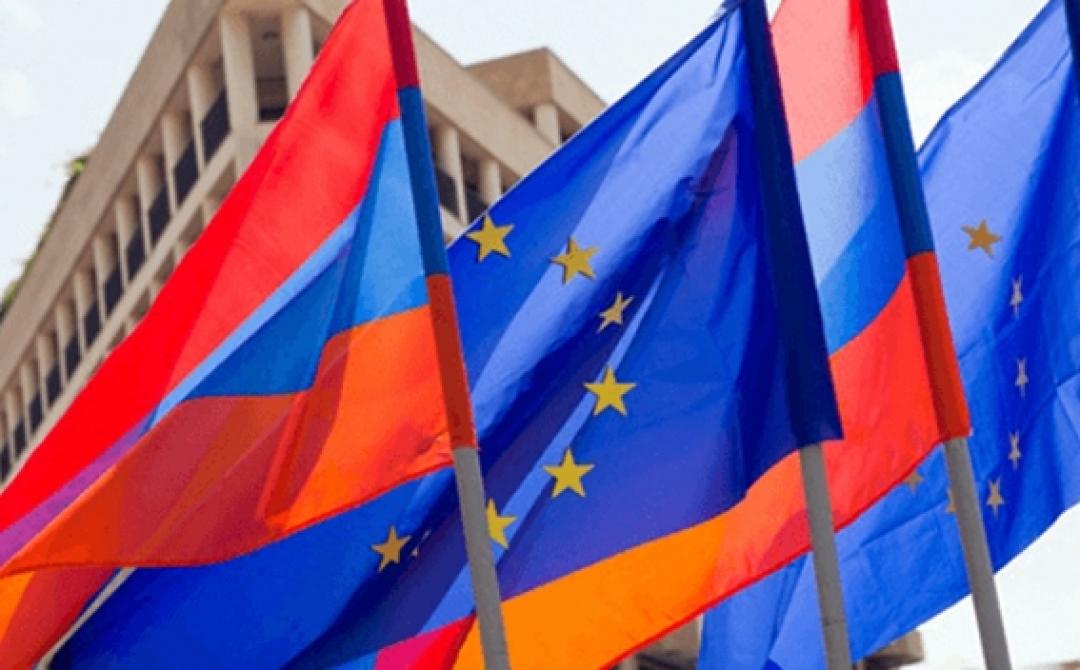
Markus Ritter: EUMA Role Is to Serve as The “Eyes And Ears” of the EU in the Region

The European Union civilian monitoring mission in Armenia (EUMA) consists of 103 individuals, and its role is to serve as the “eyes and ears” of the EU in the region. Markus Ritter, the head of EUMA, made this statement during a forum titled "Progress in Uncertainty" in the Armenian capital, Yerevan.
According to Markus Ritter, EUMA observers do not include military personnel but rather consist of former police officers and former border guards.
The mission consists of representatives from 24 of the 27 EU member states, with expectations that others will join. Based on existing agreements, the mission will operate until December 2025.
EUMA communicates with Azerbaijan about its activities to prevent misunderstandings. However, it does not share monitoring results with either Armenia or Azerbaijan; the results are exclusively reported to EU headquarters.
Ritter stressed that there have been discussions about the monitoring mission following the events of September, and any questions about this mission should be directed to Brussels. Additionally, the question of whether the US can join this mission should also be raised with Brussels.
Markus Ritter also reported that the number of incidents has decreased since EUMA’s deployment. He noted that people are not leaving their homes as frequently, and EUMA's presence has contributed to increased international attention on the conflict.
“The EUMA serves as a deterrent factor, people feel more protected, it is important for the EUMA to communicate with the civilian population and understand their sentiments, the mission informs Brussels as well about this, but in the event of a major conflict, EUMA shall leave the combat zone,” Ritter said.
Ritter also clarified that EUMA does not conduct secret operations. The mission conducts up to seven patrols per day, totaling about 1,000 patrols to date. Regarding the presence of Russian border guards in Armenia, Ritter noted that difficulties only arose when visiting the area adjacent to Kapan City Airport. However, the context of these difficulties was not specified.
See Also


Armenia Records 5.9% GDP Growth in 2024, Missing 7% Goal

Yerevan Balances Strategic Ties with Both US and Russia, Says Foreign Minister

FM Mirzoyan: Peace Deal with Azerbaijan Is Within Reach

Pashinyan and Erdogan Hold Call, Reaffirm Commitment to Ongoing Dialogue

